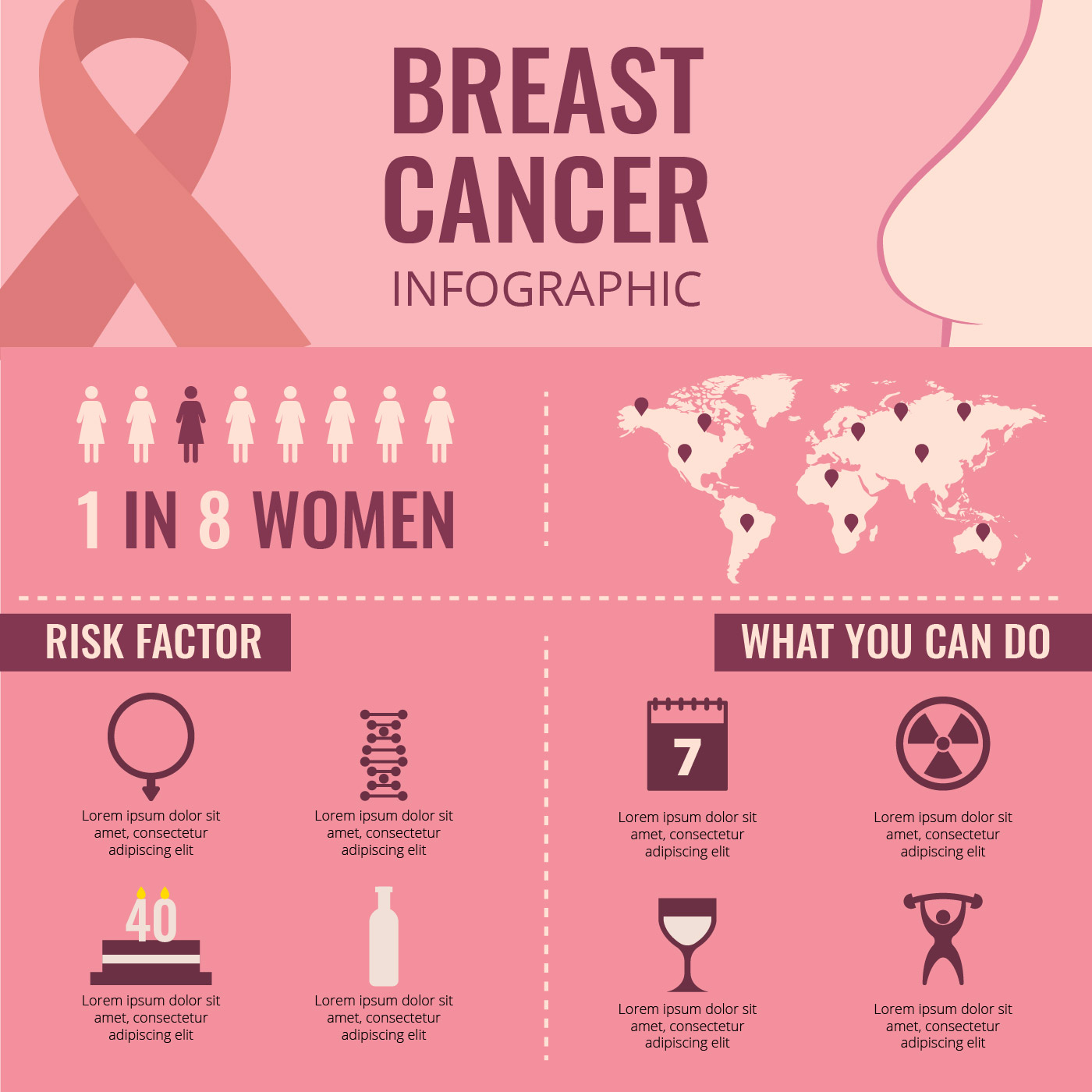An Extensive Summary Of Just How Breast Cancer Surgery Affects General Treatment Strategies

Content By-Leslie Nygaard
When dealing with a breast cancer cells diagnosis, the decisions made regarding surgical procedure can substantially influence the course of your therapy journey. From lumpectomies to mastectomies, each alternative sets the stage for the subsequent treatments you may undertake. The intricate partnership between surgical choices and therapy strategies delves into a world where precision and foresight are essential. Understanding this interaction is not simply informative yet can be empowering as you navigate the intricacies of your cancer treatment.
Kinds Of breast Cancer Cells Surgeries
When dealing with breast cancer cells, comprehending the different sorts of surgical treatments available is critical for determining one of the most appropriate therapy strategy. The main sorts of surgical treatments for breast cancer cells include lumpectomy, mastectomy, and lymph node dissection.
A lumpectomy, additionally called breast-conserving surgical treatment, entails removing the tumor and a percentage of bordering cells. This option is usually considered for early-stage cancers where the goal is to maintain as much of the breast as possible.
On the other hand, a mastectomy includes getting rid of the entire breast and is commonly advised for larger lumps or situations where the cancer has spread throughout the breast.
Lymph node dissection is a treatment that involves removing lymph nodes to look for cancer spread. Recognizing the differences in between these surgical procedures and reviewing them with your healthcare group will assist you make notified decisions regarding your therapy strategy. Each type of surgery comes with its own considerations and potential influence on follow-up treatments, so it is essential to weigh the benefits and drawbacks carefully.
Effect On Therapy Sequencing
Recognizing the effect of breast cancer cells surgery on treatment sequencing is necessary for creating a comprehensive and efficient strategy. Following surgery, the timing and order of succeeding treatments play an important duty in maximizing end results. The sort of surgical procedure you undergo, whether it's a lumpectomy or mastectomy, can influence the sequence of treatments that comply with.
Generally, surgeries like lumpectomies might be followed by radiation treatment, while mastectomies might cause discussions about the requirement for extra treatments like chemotherapy or hormone therapy.
Furthermore, the extent of the surgical procedure and whether lymph nodes are influenced can likewise affect the sequencing of treatments. For instance, if lymph nodes are involved, your healthcare team might advise radiation treatment before surgery to reduce the growth and reduce the risk of cancer dispersing.
On the other hand, if lymph nodes aren't influenced, adjuvant therapies may be advised post-surgery to target any type of continuing to be cancer cells.
Considerations for Post-Surgery Therapies
Considering the effect of breast cancer cells surgical procedure on your treatment strategy, post-surgery treatments play a critical duty in targeting any staying cancer cells and reducing the threat of recurrence. These treatments, which frequently consist of radiation treatment, radiation, hormone treatment, or targeted treatment, goal to ruin any remaining cancer cells that might not have been removed throughout surgical procedure.
Radiation treatment, for example, makes use of medications to eliminate cancer cells throughout the body, while radiation therapy especially targets the area where the tumor was eliminated. Hormonal agent therapy is generally used for hormonal agent receptor-positive cancers to obstruct hormones that sustain cancer cells growth. Targeted therapy, on the other hand, focuses on certain molecules associated with cancer development.
Your healthcare group will create a personalized post-surgery treatment plan based on different elements such as the stage and attributes of your cancer. Sticking to this strategy is critical to boosting your chances of lasting survival and decreasing the possibility of cancer cells recurrence. http://www.doerungin.com/markets/stocks.php?article=pressadvantage-2024-7-19-texas-breast-center-proud-of-renowned-breast-cancer-surgeon to connect openly with your doctor regarding any problems or side effects you might experience throughout these post-surgery treatments.
learn the facts here now , understanding exactly how breast cancer surgery effects therapy strategies is crucial for customizing individualized treatment and optimizing results. The sort of surgery, level of lymph node involvement, and overall treatment sequencing all play a significant function in identifying the subsequent treatments needed to reduce the danger of cancer reappearance. By taking into consideration these aspects, healthcare providers can develop extensive therapy strategies that attend to the details demands of each client, bring about much better overall end results.

